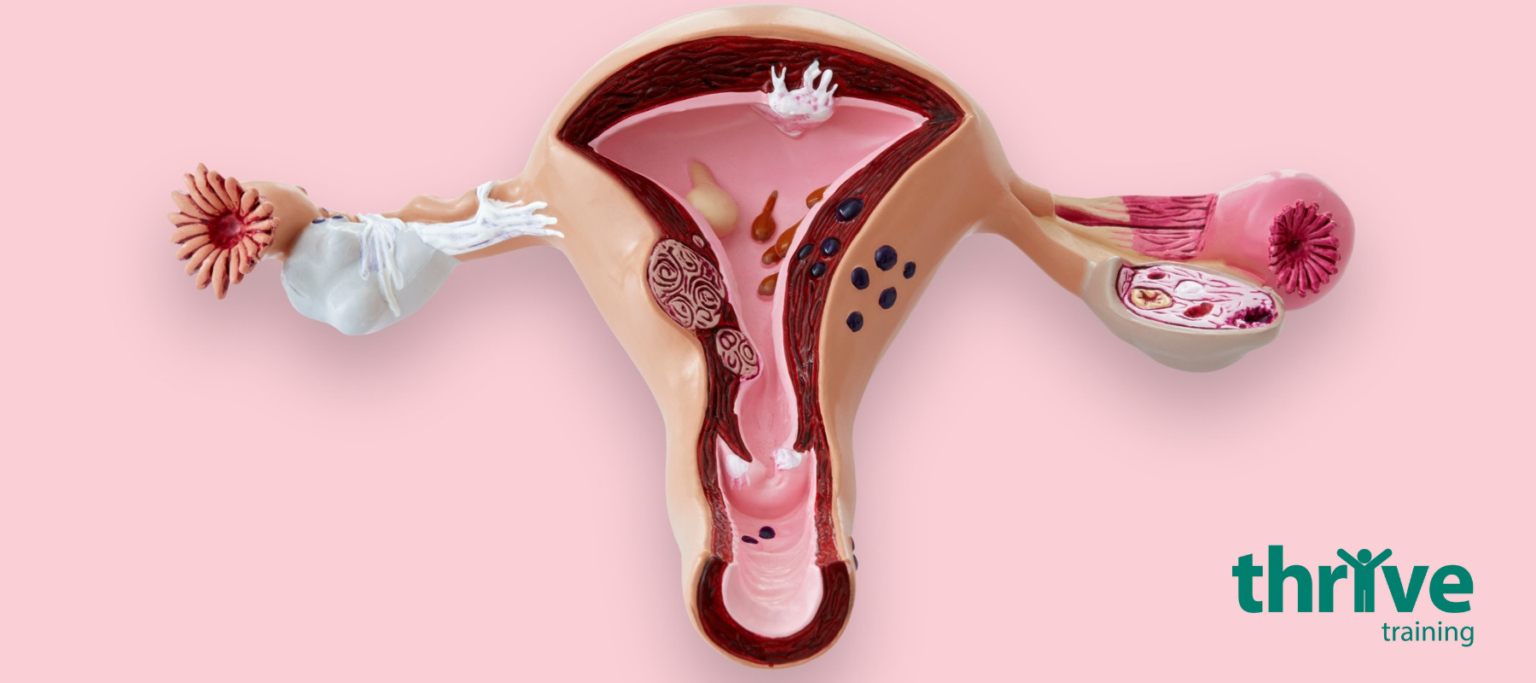As part of Endometriosis Awareness Month this March, our first blog about Endometriosis in the Workplace explored Understanding the Impact of this painful and often debilitating condition that affects up to 10% of women of reproductive age. There is no cure for endometriosis and it can have a significant, sometimes lifetime impact.
This blog references statistics contained in the APPG on Endometriosis Inquiry Report 2020, Endometriosis in the UK: time for change which featured a survey of over 10,000 responses from those with a confirmed diagnosis of endometriosis living in the UK. The survey was undertaken in February/March 2020, prior to the onset of the pandemic and lockdown.
Despite being so common, and severe chronic pelvic pain being the most common symptom, diagnosis time currently takes on average 8 years in England, 8.5 years in Scotland and Northern Ireland, and 9 years in Wales.
Managers can play a vital role in supporting employees with endometriosis in the workplace. We have explored some of the keys ways that support can be provided.
Educate yourself about endometriosis
As a manager, it is essential to understand what endometriosis is and how it affects your employees. Educate yourself about the symptoms and potential impact on your employee’s ability to work. This knowledge will help you to recognise when a member of your team may be struggling and offer appropriate support.
Endometriosis is the name given to the condition where cells similar to the ones lining the womb (the endometrium) are found elsewhere in the body. Each month these cells react in the same way to those lining the womb, building up and then breaking down and bleeding. Unlike the cells lining the womb that leave the body as a period, this blood has no way to escape. This can cause inflammation, pain and the formation of scar tissue. It is a chronic and sometimes debilitating condition. The main symptoms associated with endometriosis are:
- Pain in lower tummy or back (pelvic pain) – usually worse during a period
- Period pain that stops the individual doing their normal activities
- Pain when urinating and with bowel movements
- Pain during or after sex
- Feeling sick, constipation, diarrhoea, or blood in urine during a period
- Difficulty getting pregnant
- Many with endometriosis also have heavy periods
Endometriosis UK and the NHS provide useful, up to date information about Endometriosis.
Provide flexible work arrangements and workplace adjustments
Endometriosis can cause chronic pain and fatigue, making it difficult for employees to work a standard 9-5 schedule. Providing flexible work arrangements, such as remote work or flexible hours, can help employees manage their symptoms and continue to be productive at work.
Endometriosis can also cause other physical symptoms, such as nausea and gastrointestinal issues. Managers can offer workplace adjustments such as a private, comfortable, quiet space to rest during breaks.
Be understanding
Many employees with endometriosis may feel self-conscious or embarrassed about their condition. Managers can offer understanding and support by listening to their employees, showing empathy, and offering practical support such as offering a quiet space to rest or time off to manage symptoms and attend medical appointments.
Prior to receiving a diagnosis of endometriosis, due to their symptoms:
- 58% visited their GP over 10 times
- 21% visited doctors in hospital 10 times or more
- 53% went to A&E, 27% went to A&E 3 or more times
Provide resources
Provide your employees with information about resources such as mental health counselling or employee assistance programs that can help them manage their condition and support their mental health and wellbeing.
The survey demonstrated the impact endometriosis and its symptoms can have on all aspects of life including education, career, relationships and social life, as well as mental health.
- 95% said that endometriosis/the symptoms of endometriosis had impacted their wellbeing negatively or very negatively
- 90% would have liked access to psychological support
- 89% felt isolated due to their endometriosis
- 81% endometriosis had impacted their mental health negatively or very negatively
- 38% were concerned about losing their job, whilst 35% had a reduced income due to endometriosis
Be Proactive
Check in with your employees regularly and ask if they need any support or accommodations. By being proactive and attentive, you can help your employees feel valued and supported in the workplace.
Managers can play a critical role in supporting employees with endometriosis in the workplace. By creating a supportive and inclusive workplace, managers can help their employees with endometriosis thrive in their careers.
If you’d like to speak to us or find out more about how we could support your or your business in raising awareness of endometriosis and enabling your teams to feel comfortable talking about endometriosis, get in touch here. We’d love to hear from you.


